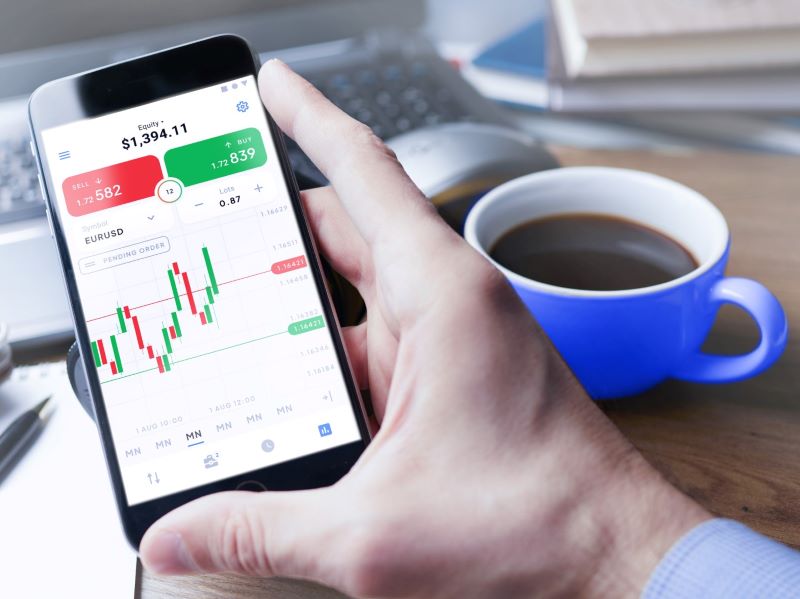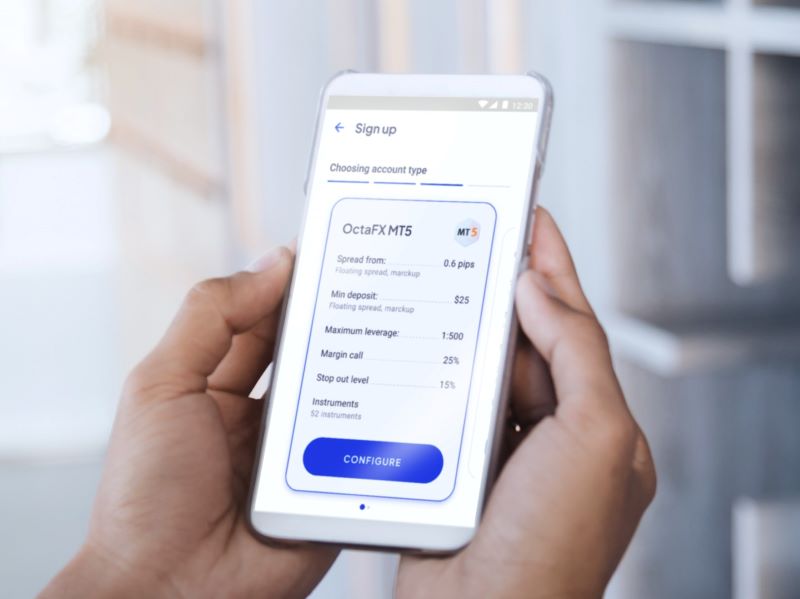When it comes to trading forex, the first step can be the most intimidating! This is especially true if you’re unfamiliar with global markets and basic investment practices. Thankfully, experienced brokers like OctaFX offer a comprehensive variety of educational materials as well as easy-to-use interfaces. If you’re looking to begin trading forex, here’s what you need to know about forex trading for beginners.
What is Forex and why is it a popular option for investments?
Forex (short for foreign exchange) refers to a global decentralised market that’s used for trading currencies. When trading forex, participants exchange one currency for another at a predetermined exchange rate with the aim of profiting from fluctuations in exchange rates.
There are several reasons why forex is a popular option. One of the most compelling reasons is that it’s extremely accessible. Individual traders have a wealth of apps and websites they can use to trade forex with starting capitals as low as $20. The forex market also offers high liquidity as it operates 24 hours a day, five days a week, and allows traders to execute trades quickly at their desired prices. Additionally, the market is highly transparent and offers real-time price quotes and access to historical trends.

What you need to know about investing in Forex
Forex trading is done in four markets: Tokyo, Sydney, New York and London. All are open 24 hours, five days a week. The most widely traded currencies are USD, EUR, JPY, GBP, CHF. Gold (XAU) is also an extremely popular CFD (Contract for Difference) asset.
While many experienced traders invest large sums in forex, new traders can begin with as little as $20. Having said that, brokers like OctaFX recommend starting with a sum of $100 in order for you to have more flexibility and more opportunities to manage trades. Once you’ve decided on a brokerage platform to use, it’s also essential to familiarise yourself with the interface. This will help to avoid potentially costly mistakes.
How to start forex trading for beginners
#1 Learn the basics
The most important thing to do before diving into forex trading is gaining a basic understanding of how your chosen brokerage app works and how to read market fluctuations. Experienced brokers like OctaFX often offer a selection of free webinars, educational articles and video courses that will give you a firm understanding of forex trading in Singapore.
#2 Practice forex trading using a demo account
You might be tempted to jump right into trading. However, it’s highly recommended that new traders start practising with a demo account, with no money actually at stake. This will also allow you to familiarise yourself with platform interfaces and functions for when you start trading with real currency.

What qualities should you look for in a broker?
Of course, one of the most important decisions you’ll need to make when beginning to trade forex in Singapore is which broker to go with. Here are some offerings you should look out for:
- Comprehensive educational materials (including trading ideas and expert content)
- Diverse assets
- Low spreads
- Fast order execution and deposits along with instant withdrawals
- 24/7 customer support service
These qualities make OctaFX an excellent choice for new and experienced traders alike. The broker has 12 years of experience in the forex trading space, with clients from 180 countries opening more than 40 million trading accounts with them.
Most recently, it was awarded ‘Broker with the Fastest Withdrawal Singapore 2023’ and ‘Most Secure Trading Platform Singapore 2023’ from International Business Magazine and World Business Outlook, respectively.
For more information on foreign currency and forex trading for beginners or experienced traders get in touch with OctaFX.



